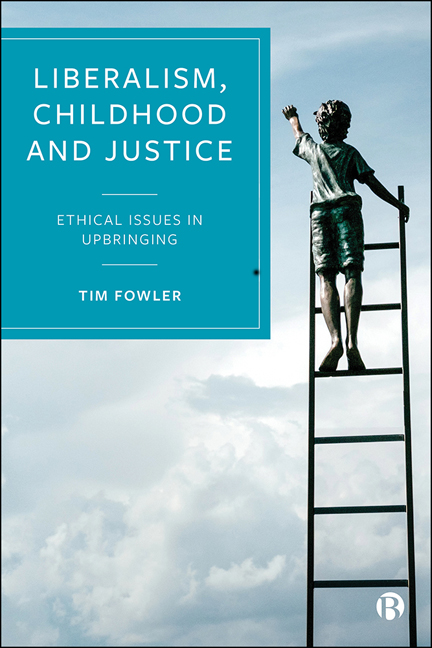5 - Priority, Not Equality, of Welfare
Published online by Cambridge University Press: 25 February 2021
Summary
In this chapter I consider which distributive principles should guide justice for children. An initial starting point to the analysis is that there is moral equality between all, regardless of their race, gender or their parent's position in society. Moral equality implies that each child's interests should be counted equal by principles of justice, and thus that there are no children whose interests should be favoured just because they are members of some special group or occupy a particular social status. Making this basic assumption of moral equality may seem to imply a demanding principle of distributive equality. We might think that because children have equal claims of justice, the morally best society is one in which children live equally good lives. However, I will reject this more demanding requirement of equality because of what is known as ‘the levelling-down objection’.
After rejecting distributive equality, I consider the two leading alternatives: the sufficiency and priority principles. Sufficiency requires that each person gets ‘enough’ of whatever is to be distributed, priority that special emphasis is placed on ensuring benefits go to those who are worse off. I defend the priority approach but show that there are often instrumental reasons to pursue equality and sufficiency within this framework. The implication is that justice for children requires promoting the welfare of all children, but with a strong focus on the interests of those children whose well-being is lowest.
Distributive equality
The principle of distributive equality has great intuitive appeal, perhaps most of all in the case of children. Equality is especially attractive for children because they are not responsible for their quality of life. Many believe that the industrious should earn more than those who work less hard, but whatever the merits of this view it cannot apply to young children who are not yet responsible for their choices. For this reason, it is consistent and plausible to think that justice demands equality among children, even where one thinks justice permits large inequalities among adults. However, while this view has great intuitive force, it is not a useful guide to what justice ultimately requires.
- Type
- Chapter
- Information
- Liberalism, Childhood and JusticeEthical Issues in Upbringing, pp. 43 - 52Publisher: Bristol University PressPrint publication year: 2020

